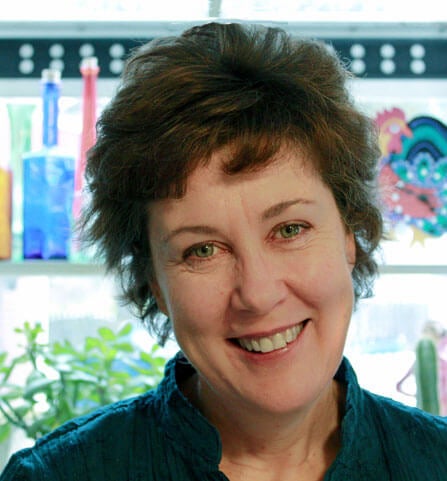A press release about a laboratory’s patent for a new method of “diagnosing autism” recently gained national attention in the disability world. In addition to this latest testing approach, other laboratories have marketed genetic “autism testing” panels in recent years, implying, in all but the fine print, that these tests aid in the diagnosis of autism. While great advances have been made in our ability to identify underlying genetic causes of autism, including Fragile X syndrome, the notion that autism itself can be directly diagnosed through a blood test is incorrect and misleading.
Autism spectrum disorder (ASD), as it is formally called, is a childhood-onset condition characterized by observed differences in development, social interaction, and communication. By definition, ASD is diagnosed based on the presence or absence of specific behavioral and developmental features. There are established criteria for making an ASD diagnosis, as well as standardized measures to aid specialists in assessing whether or not a child meets those criteria. The diagnosis of ASD is typically made by psychologists, developmental pediatricians, psychiatrists, and neurologists, ideally with specialized training and experience in diagnosing ASD. These specialists collect information from parents and teachers about a child’s milestones, skills, and behavior; they also observe the child and may use standardized tests to evaluate language, learning, and social interaction. Because ASD is a behaviorally-defined condition, it cannot be diagnosed using a genetic blood test, an MRI scan of the brain, an electroencephalogram (EEG), or any other non-behavioral method.
A genetic diagnosis in a child with behaviorally-confirmed ASD can reveal the underlying cause, and this information can provide important insights for prognosis, treatment, and family implications. Many families of individuals with Fragile X syndrome can relate to the value of knowing their genetic diagnosis. However, a positive genetic test result alone cannot predict whether a child’s symptoms meet criteria for ASD or any other behavioral disorder. For a newborn boy with an FMR1 full mutation, for example, it’s impossible to predict the exact combination of Fragile X symptoms and abilities he will show as he ages. This is true as well for hundreds of other genetic disorders that cause ASD: they have an impact on how the brain functions, but the effects can vary widely from one person to the next, even within the same family.
In the absence of a behavioral and developmental evaluation, a positive genetic test result can, at most, identify children at risk for having ASD. From a marketing standpoint, “a-test-to-screen-for-genetic-risk-factors-that-might-cause-ASD” does not roll as nicely off the tongue as “an-autism-blood-test,” but there are important reasons to be both precise and cautious when it comes to diagnosing autism. An autism diagnosis may open doors for receiving certain school and therapeutic services, and there is potential for misunderstanding and misuse of a “positive” genetic result marketed as a so-called autism blood test.
In addition, parents of a young child found to have genetic risk factors for ASD might falsely assume their child already has autism, even if the child hasn’t been formally evaluated to see whether or not this is true. Among families and professionals, in schools and therapeutic settings, there is already a great deal of confusion about the relationship between genetic test results and developmental diagnoses, such as ASD. Misleading articles and marketing practices about promising genetic technologies only serve to add to this confusion for families who must navigate both sides of this complicated divide.
LEARN MORE
Fragile X Syndrome & Autism »
When associated with FXS, autism is caused by the genetic change or mutation in the Fragile X gene—the most common genetic cause of autism.
Author
 Brenda Finucane, MS, CGC
Brenda Finucane, MS, CGC
Brenda Finucane is the genetics consultant for NFXF and a member of its Scientific and Clinical Advisory Committee. She also serves as the associate director of Geisinger Health System’s Autism and Developmental Medicine Institute in Lewisburg, Pennsylvania.

